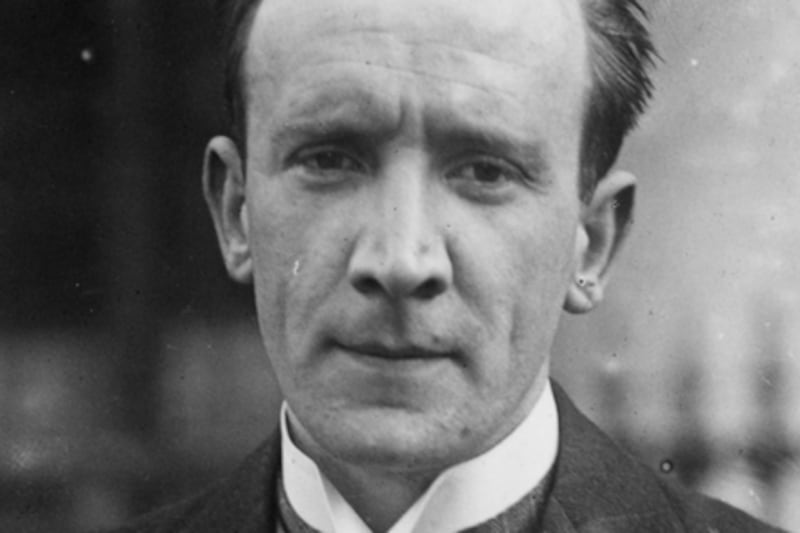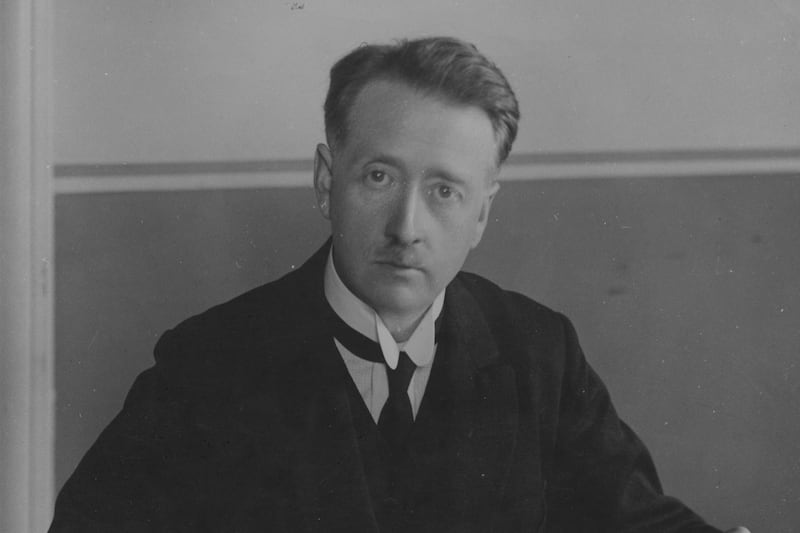July 4 1924
The formal opening of the Olympic Games at Colombes Stadium on Saturday will be both simple and imposing.
President [Gaston] Doumergue, the members of the government, French army chiefs, and members of the Diplomatic Corps will be present, and the Prince of Wales, Prince Henry, Prince Carol of Rumania, and the Shah of Persia will be among the distinguished visitors.
Four military bands and two choirs, one from Tourcoing and one from Prague, will entertain the spectators until the arrival of the President of the Republic at 3pm.
M Doumergue will be received by Baron Pierre de Coubertin, president of the International Olympic Committee, and by Comte Clary, president of the French Committee. The long file of athletes will then march on to the ground, the nations following in alphabetical order, headed by South Africa, which in French opens the list as Afrique de Sud. Argentina and Australia follow; and all the 45 nations will march past in turn, Yugoslavia bringing up the rear.
As Paris prepares to host the Olympics again 100 years later, the 1924 Olympics in the city was the first occasion Irish athletes participated as members of an independent state.

Commission Chair ‘In the Air’
References in the press to Mr Justice [Richard] Feetham as “chairman of the Boundary Commission” are obviously incorrect.
No such body, nor institution, as the Boundary Commission exists. Professor [Eoin] MacNeill has been nominated as a member by the Free State Government; Mr Justice Feetham has been provisionally selected as chairman by the British Government; his chairmanship remains “in the air” until members of the Judicial Committee of the British Privy Council have decided: (1) whether any commission can be recognised in the absence of Sir James Craig’s approval; and (2) how shall a commission be constituted if it is held that the Northern Prime Minister’s opposition is not fatal.
A Free State Senator delivered a long harangue on the subject yesterday. He said nothing new; his colleagues dispersed even while he was talking. The Free State Government’s attitude has been defined; they cannot force the hands of the British Labour Government, but they have no direct concern with the proceedings or “findings” of the Judicial Committee.







